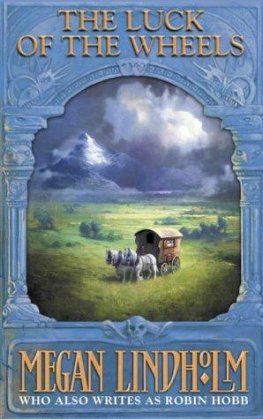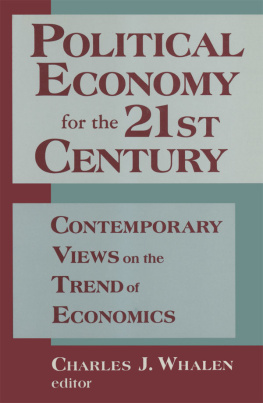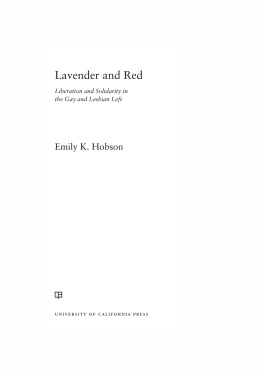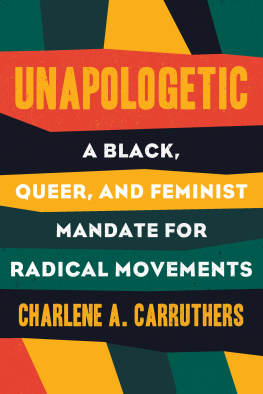Hardy 1901: 217.
Carlyle 1853: 30.
This version of the well-known Chinese proverb is from Rohsenow 2002:98.
For three characteristic statements to this effect, see Held 2000: 4; Steger 2003: 12; and Ellwood 2001: 8.
A number of authors argue that many aspects of globalization existed prior to the present-day integration and interconnectedness. See Friedman 1994; Lang 2006; Chanda 2007; Cohen 2006.
In Maps of Time , David Christians introduction to big history, the author marvels at the great acceleration, the hurricane of change of the twentieth century: Change accelerated so rapidly, and the ramifications of change were so universal, that this period marks an utterly new stage in human history and in the history of human relations with other species and with the earth. Indeed, it may be no exaggeration to say that the twentieth century marks a decisive moment in the history of the entire biosphere. (Christian 2004: 441).
For opposing views see Friedman 2007 and de Blij 2008.
Ejrcito Zapatista de Liberacin Nacional (EZLN) 2008.
Greider 1997; Luttwak 1999.
Mittelman 2004: 89; Juris 2008: 67.
Gauchet 2006.
Cohn 1984: 281.
For an engaging account of the rise and fall of the Anabaptist Kingdom of Mnster, see Arthur 1999.
Hill 1972: 363.
Babeuf 1795: 219.
Michelet 1853: 20, 444.
Talmon 1960: 15.
Dostoyevsky 1872: 525. See also Billington 1980.
Griffin 2007: 6.
Zolberg 1972: 129.
Fanon 1961: 2.
See Worsley 1968. The term has come to refer to a variety of indigenous symbolic efforts to tap into the vast powers of modernity.
Price, Nonini, and Fox 2008: 127159.
Popper 1947: 361362.
Arendt 1958: 133.
Solzhenitsyn 1986: 78.
Aron 1955: 324.
Shklar 1957: vii.
Bell 2000: 393. Later, Bell softened his position, arguing that the end of ideology, as the great historic crossover of beliefs, has run its course, I think. It is now the resumption of history that has begun (Bell 2000: xxviii).
Kirchheimer 1972. See also note 44.
SDS 1962: 9, 77.
Quoted on Libcom.org .
Berlin 1978: 4748.
Kolakowski 1983: 247.
Turner 1977.
Huntington 1989.
The idea of an end to history was not novel. On this issue see Niethammer 1992.
Bonnett 2004: 137. Other authors who have remarked on the utopian character of economic growth and free market ideology are Polanyi 1944: xxv; Gray 1998: 203; Mittelman 2004: 8990; Stoll 2008.
Fukuyama 1989: 18. For his later reservations, see Fukuyama 2006.
Goodwin 2001: 298; Snyder 1999; Sanderson 2005: 165166. For an opposing view, see Foran 2000: 442443.
Mueller 1989. This parallels arguments made by Angell 1933: 59.
Hobsbawm 1990: 191192. For a criticism, see Smith 1995: 828.
Jones presided over the suicide of 900 members of his cult (Maaga 1998: 164).
Flanagan 2000: 14.
For examples, see Garca Mrquez 1992: 237; Solzhenitsyn 1993: 601; Huntington 1993: 48; Huntington 2007; Kaplan 2000. For a later view see Turner 2007. For a philosophical argument in favor of the indeterminacy of history, see Bloch 1986.
Barber 1993: 62.
Furet 1999: 502. Furets cultural pessimism echoes Nietzsches evocation of the last man (1891: 6, 172) and Webers gloomy image of a future bereft of meaning (2001).
Bauman 1999: 8. For an opposing view, see Freeden 2006: 141142.
Jacoby 1999: 180181.
Steger 2003: 113.
Gill 2008: xvi.
Steger 2008. See also Albrow (1996: 4).
Touraine 2007: 25.
Niezen 2004: 10.
For a survey, see Chase-Dunn and Reese 2007.
Tilly 2004: 114.
Polanyi 1944. For contemporary uses of Polanyis theories see Chin and Mittelman 2000: 3437; Kiely 2005: 160162; Steger 2007: 380; Kahn and Kellner 2007: 670671; Stiglitz 2001; Munck 2007.
Friedman 2005.
Negri 2008: 59. See also Hardt and Negri 2004. For a critique, see Kiely 2005: 215218.
Kahn and Kellner 2007: 670671.
Giugni, for example, notes the striking similarities displayed by movements across countries (2002: 26); Devji argues that global resistance movements, from environmentalists to jihadists, are a part of a worldwide reaction to the fragmentation and transformation of politics itself (2005: 132).
Exceptions are the New Social Movement theorists, represented by Alberto Melucci 1989 and Alain Touraine 1981. For a critique, see Price et al. 2008.
Gills 2000: 9.
Webb 2006: 136.
Adorno 1951: 247.
Rupert 2000; Munck 2007; Webb 2006.
For discussion of the antiglobal right, see Mittelman 2004: 94; Kiely 2005: 176179; Gill 2008: 258; Steger 2008: 213218. For the inclusion of jihad in the antiglobal camp, see Tarrow 2005b: 206; Steger 2008: 218235.
Munck 2007: 110.











